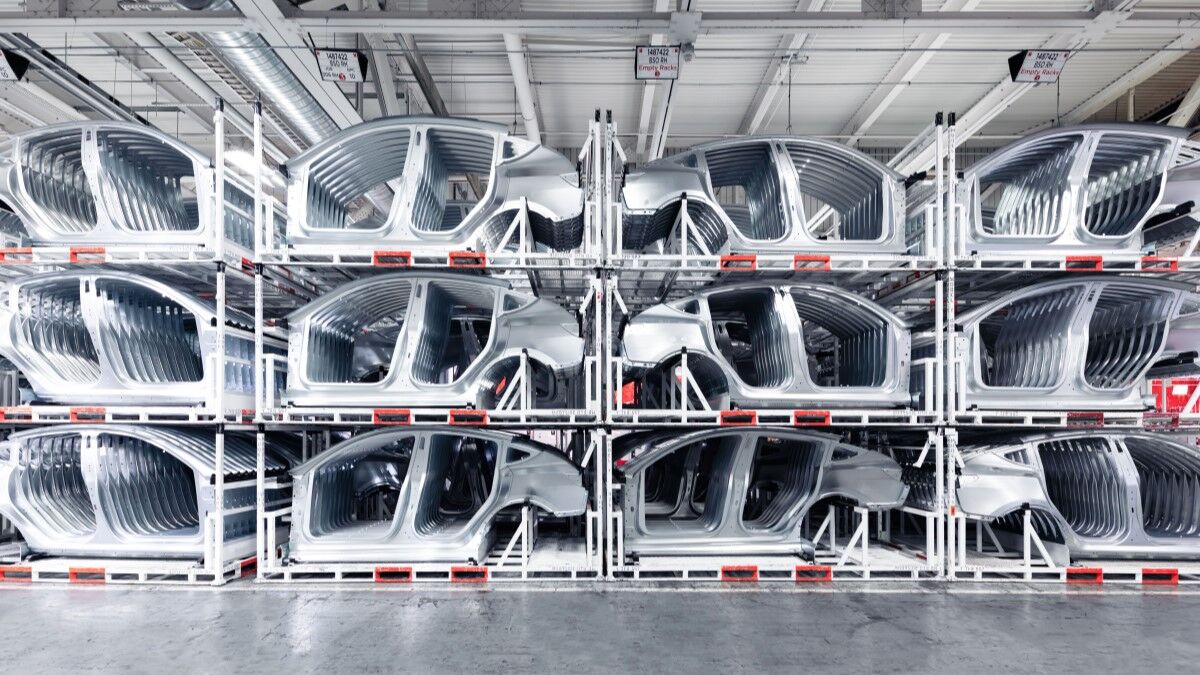Ford Motor Company has just released its latest annual Sustainability Report and data contained in the document shows that the automaker has made great strides towards cutting the amount of energy it uses to produce vehicles. Even more significant, it has committed to even more dramatic improvements in that area from now until mid-decade. The report, "Blueprint for Sustainability: Accelerating Ahead," highlights comprehensive efforts on all levels of the manufacturing process that have seen Ford reduce the amount of energy required to produce each vehicle in its facilities by 22 percent during the past six years. Between 2011 and 2016, it plans to reduce that amount by an additional 25 percent.
"Sustainability has moved from the periphery to the center of our strategy for succeeding in the marketplace and helping to address global challenges," noted Robert Brown, vice president, Sustainability, Environment and Safety Engineering.
The bulk of Ford’s energy-reduction success comes from a combination of upgrades to its physical facilities and improvements to the actual build processes. Thus far, they total a cut of roughly 800 kWh, the equivalent of 4-6 weeks of electricity use by a typical single-family household in California, Michigan or New York. Other areas of notable sustainability improvement in the production process include significant reductions in water use, waste-to-landfill and CO2 emissions as well as improvements in vehicle fuel economy and safety. Greater emphasis on recycling and the use of more recyclable materials — particularly in vehicle interior trim components — also has resulted in impressive gains, both in Ford’s domestic products as well as those manufactured globally.
"Our sustainability report is far from a bunch of tables and charts," said John Viera, global director, Sustainability and Vehicle Environmental Matters. "Anyone who spends any amount of time with it will truly get a sense of just how committed Ford is to supporting positive change and reducing the environmental impact of its products and facilities."







